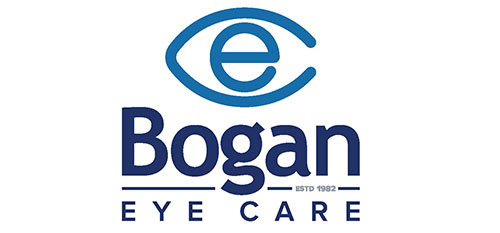Vision therapy is similar to physical therapy, but instead of a joint or muscle, it works with the eyes and brain. There is a neurological component with this kind of therapy because the eyes are an extension of the brain. Our eyes help make “seeing” possible, but vision is reliant on the eye-brain connection. If either of these organs are not working properly, vision will be difficult or non-existent.
What Does Vision Therapy Treat?
Every patient is different, but vision therapy is most commonly a treatment option for amblyopia (“lazy eye”), strabismus (“crossed eyes”), and binocular vision problems with eye alignment. It may also treat eye movement disorders, focusing disorders, or other visual deficiencies related to eye strain or fatigue. Vision therapy can address problems derived from stroke or brain injury, too. The earlier problems are caught and treated, the more likely they are to be fixed. For this reason, vision therapy is often used for children, because they adapt better to changes and visual exercises. This doesn’t mean adults can’t benefit from vision therapy in certain situations. Parents who bring their child in for an eye exam during their infancy greatly reduce the risk of their child developing any vision related learning disorders.
Does Vision Therapy Work?
Studies show that vision therapy is rooted in science and can help train your body and its abilities in the same way that physical or occupational therapy can. The important thing to remember is that vision therapy is not one set of devices or exercises. Vision therapy may include any number of activities or techniques put together by a qualified medical professional to address specific vision problems. Vision therapy should not be confused with informal and unscientific methods that some people believe can fix your refractive error and “train you” to not need glasses.
When Do I See a Doctor About Vision Therapy?
Any time you feel your eyes or your child’s eyes are not performing properly, you should seek medical attention. Children should receive an eye exam even as babies, and again before they enter school. Eye exams check for more than clear and accurate vision. For this reason, everyone should receive periodic exams to ensure their eyes are healthy. If you notice any changes in your sight or think your child is not developing properly, seek help right away.

